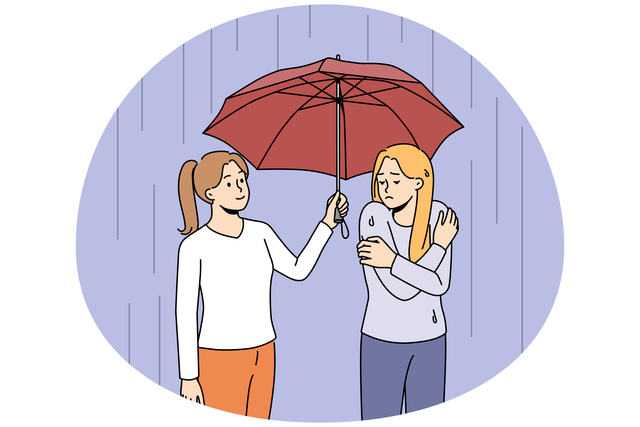Family Mediation Lawyers Auckland
Expert legal support for mediation and alternative dispute resolution in family matters. Helping families resolve disputes constructively.

Resolving Family Disputes Together
Family mediation offers a constructive path to resolve disputes while preserving relationships and reducing conflict. Our experienced lawyers provide essential support throughout the mediation process.
Family Mediation Legal Services
Mediation offers a constructive alternative to court proceedings for resolving family disputes. Our experienced Auckland mediation lawyers provide expert guidance to help you navigate the mediation process effectively and achieve positive outcomes.
Our Mediation Services Include:
- Legal advice before, during, and after mediation
- Preparation for Family Dispute Resolution (FDR)
- Drafting and reviewing mediated agreements
- Converting mediated agreements into legally binding documents
- Representation in court if mediation is unsuccessful
- Guidance on other forms of alternative dispute resolution
Understanding Family Mediation in New Zealand
In New Zealand, Family Dispute Resolution (FDR) is a structured mediation process designed to help families resolve disputes without court intervention.
The Mediation Process
Family Dispute Resolution involves meeting with a qualified mediator who helps facilitate discussion and negotiation between parties. The process is confidential and focused on finding mutually acceptable solutions to disputes.
Mandatory Mediation
In most cases involving parenting disputes, attending FDR is mandatory before applying to the Family Court. Exceptions exist for urgent cases or situations involving family violence.
Mediated Agreements
Agreements reached through mediation can be formalized into legally binding documents, such as Consent Orders or Parenting Agreements. These provide certainty and enforceability.
When Mediation Isn't Successful
If mediation doesn't result in an agreement, you'll receive a certificate allowing you to proceed to the Family Court. Even partial agreements can narrow the issues for court determination.
Benefits of Mediation
Cost-Effective
Mediation is typically much less expensive than court proceedings, saving you significant legal costs.
Faster Resolution
Mediation can resolve disputes in weeks or months, compared to court processes that can take a year or more.
Greater Control
Mediation gives you more control over outcomes, rather than having decisions imposed by a judge.
Preserves Relationships
The collaborative nature of mediation helps maintain better relationships, especially important when co-parenting.
Confidential
Unlike court proceedings, mediation is private and confidential, protecting your personal matters.
Child-Focused
Mediation can be less stressful for children and better focuses on their needs and interests.
Our Approach to Mediation
Our experienced mediation lawyers provide comprehensive support throughout the mediation process:
- Pre-mediation preparation to help you understand your rights and identify your priorities
- Strategic advice during the mediation process to help you negotiate effectively
- Legal review of proposed agreements to ensure they're fair and protect your interests
- Documentation of agreements into legally binding formats
Mediation FAQs
What is family mediation?
Is mediation mandatory before going to Family Court in New Zealand?
What are the benefits of mediation over going to court?
What is the role of a lawyer in the mediation process?
What happens if we can't reach an agreement in mediation?
Speak to a Mediation Lawyer Today
Get expert advice on family dispute resolution with a confidential consultation.
Free Consultation